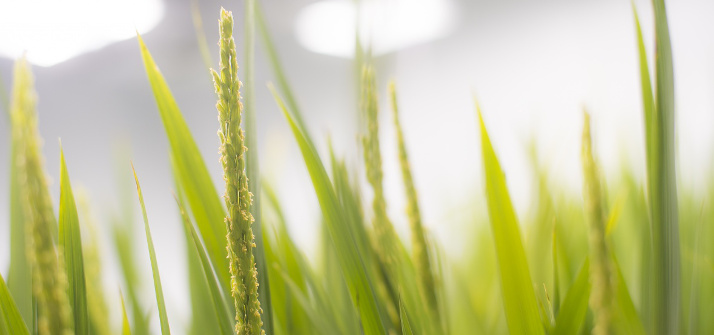Plant Biology

Plant biology impacts a wide range of industries from agri-food to pharmaceuticals, but have you thought about how you want to use the skills and knowledge you are developing when you graduate?
Join the Biosciences Careers moodle
What skills will I gain during my degree?
Depending on which degree pathway you are following you will be developing a range of valuable skills.
- Analytical skills
- Ability to communicate findings and results to a range of audiences
- Ability to analyse data taking a methodological approach
- Problem solving skills
- High levels of accuracy and good attention to detail
- Time management and organisational skills
- Ability to working collaboratively in teams
Biosciences Core Graduate Competencies
You will also develop 12 competencies which have been divided into these four headings:
- Fundamental skills
- Interpersonal skills
- Personal aspiration and development
- Professional responsibility
Explore the Biosciences Core Graduate Competencies
How can I develop my skills and experience during my degree?
Explore a Year in Industry
Why not take an optional industry placement, between years two and three of your degree? This will extend your degree to a four-year programme.
Year in Industry
Try a summer internship
Summer internships are also a great way to gain experience, whether in science or non-science based roles. You can search for roles using the links below, but do also consider making targeted speculative applications to smaller companies who may not advertise all opportunities.
My Career - internships from companies targeting Nottingham students
Nottingham Internship Scheme
Royal Society of Biology - placement opportunities
Plant Science Futures undergraduate summer placements
For list of organisations offering work experience or internships in the lab visit: laboratory work
Find out more about summer research placements
Gaining research experience over the summer is particularly valuable if you are considering applying for a PhD after graduation. Summer research placements through the School of Biosciences depend on the research being conducted, but it is worth directly approaching the academic staff working in the area of research that you are interested in.
There are also other sponsored opportunities and funding for summer research placements through organisations such as the BBRSC.
Plant Health Undergraduate Studentships
Wellcome Trust - Biomedical Vacation Scholarships
Get involved in Students' Union activities
Involvement in relevant SU activities including volunteering, sports clubs and societies can help you to develop and enhance skills that employers look for such as working in multidisciplinary teams, communicating scientific information to a non-science audience and consulting with local businesses.
Conservation and Nature Society
Sustainability Society
Find societies that interest you
Volunteering
Join the Nottingham Advantage Award
Through the completion of extracurricular modules, the Nottingham Advantage Award helps you develop key life and work-based skills and reflect on your experiences, allowing you to demonstrate your achievements and skills more effectively when applying for jobs
If you’re thinking of moving into consultancy after graduation, the Nottingham Consultancy Challenge module will help you develop and demonstrate all the right skills.
Nottingham Advantage Award
What are the range of careers I could enter?
Plant biology graduates often go on to work in a wide variety of fields such as research and development, green energy and biofuels, industrial biotechnology, conservation, agriculture, education, and science communication.
Here are some examples of the graduate positions our plant science students have taken up:
- Graduate technical manager at a fruit marketing company
- Research scientist and a laboratory researcher at a statutory levy board
- Trainee plant breeder at a plant breeding and food production company
- Research biologist at a crop science company
What do graduates from my course go on to do?
Graduate Outcomes is a national survey capturing the activities and perspectives of graduates launched in 2018 and is the biggest annual social survey in the UK.
You can view the destinations of graduates, who completed the survey, from your course by booking an appointment with an adviser. This can help you to explore your options if you are unsure what you want to do.
Find out more about the Graduate Outcomes survey
What are my further study options? Watch our webinar on PhD study
A large proportion of our plant biologists progress into further study. Many graduates choose to build on their undergraduate qualification by undertaking a related master's course or PhD.
- PhD Plant Sciences
- PhD Molecular Biosciences
- MSc Crop Sciences
- MSc Global Food Security
- MSc Applied Biopharmaceutical Biotechnology and Entrepreneurship
- MSc Biotechnology
Search for further courses and find out about funding
Thinking about a PhD? How to get started and how to apply
In these two videos, Dr Judith Wayte from the University of Nottingham provides clear and wide-ranging advice on:
- how to get started: what to take into account, and how to gather relevant information
- on the application process and how to prepare for interviews
Login to SharePoint to watch the webinar
- Alumni: Email us to gain access to the webinar